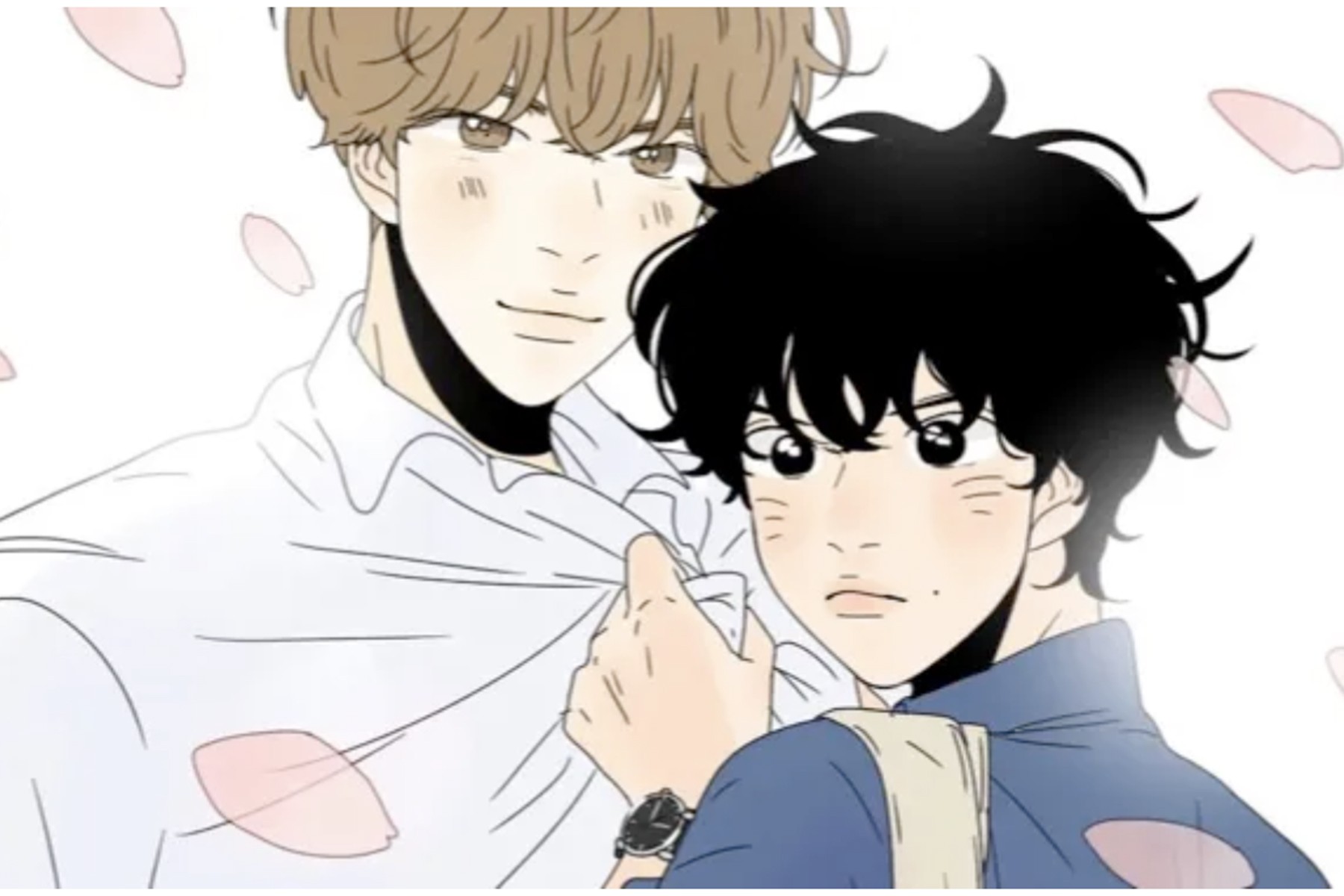Chinese just love manhwa, which is the name given to comics coming from South Korea (those from Japan are called manga).
They were excited when on September 27, thanks to an agreement with Tencent, South Korean Internet giant Kakao launched a web platform called PODO Comics, making available in China electronic versions in Chinese of some of the latest and most successful manhwa.
Their excitement lasted only three days. On September 30, Tencent sent to the Korean Kakao-connected company responsible for producing the content of PODO Comics a document with guidelines from the Chinese authorities stating which Korean comics are acceptable in China and which ones are prohibited and will be banned.
The exceptional document was leaked to Korean media and quickly appeared in both Korean and Chinese on social media, where it was largely ridiculed by netizens.
The CCP will not only prohibit comics that support democracy or “separatism” in Taiwan, Hong Kong, Xinjiang, and Tibet but will also ban what it will perceive as promotion of religious movements banned as xie jiao, superstition, or “illegal” religion.
This is not all. Comics should support China’s foreign policy, and not offend the CCP martyrs, China’s honor, and Party morality. “Extramarital affairs” and even “driving without a license” should not be depicted. Presumably this applies to other foreign comics too, and in China Batman will be asked to show a driving license authorizing him to drive his Batmobile.
The guidelines are so detailed that they include a reference to “controversies about the origin of traditional clothing between China and South Korea,” which comics should avoid. This might seem strange at first, but refers to a recent controversy on whether Chinese or Koreans invented the traditional dress hanbok, a symbol of Korea.
According to Chinese laws, regulations, policies and industry norms, PODO Comics should avoid speech and behaviors that are likely to be deemed inappropriate in China, as follows:
- Speech or behavior that endangers China’s national unity, endangers national security, or harms China’s national honor and interests. Including but not limited to supporting, funding, making, or participating in Taiwan independence, Hong Kong independence, Xinjiang independence, Tibetan independence, remarks or actions that insult China, or insult Chinese people through online or offline methods.
- Remarks or behaviors that violate China’s foreign policy, including but not limited to supporting, funding, making or participating in remarks or behaviors that damage China-South Korea relations, and relations between China and other countries.
- Violating the basic principles established by the Chinese Constitution, supporting, funding, committing or participating in acts or speeches that incite ethnic hatred, ethnic discrimination, undermine ethnic unity, harm ethnic feelings, or violate ethnic customs and habits.
- Support, fund, make, participate in, or promote xie jiao [i.e., “heterodox teachings,” or groups banned as “evil cults”], or superstition, or illegal religious positions.
- Supporting, funding, organizing or participating in online or/and offline gambling, criminal activities, violent activities, obscene activities, drug abuse, drug trafficking, possession of drugs, terrorist activities or criminal activities, etc.
- Acts that disrupt public order and cause bad social impacts due to drunk driving, driving without a license, hit-and-run, malicious disturbances, etc.
- Behaviors that violate family ethics and public order and funeral customs, including but not limited to cheating, prostitution, destroying another’s family, domestic violence, extramarital affairs, insulting, slandering, etc., harming the reputation of others and other legitimate rights and interests.
- Publish inappropriate remarks such as distorting historical facts, insulting, and slandering heroes and martyrs.
- Support, organize, initiate, and participate in public debates on sensitive issues between China and South Korea, including but not limited to issues of history, customs, culture, and the origin of traditional clothing between China and South Korea.
